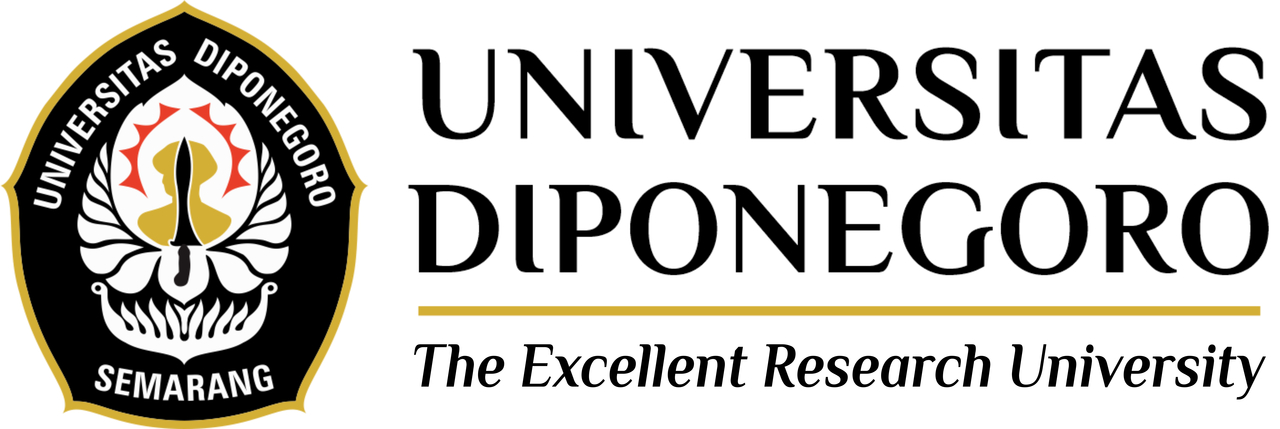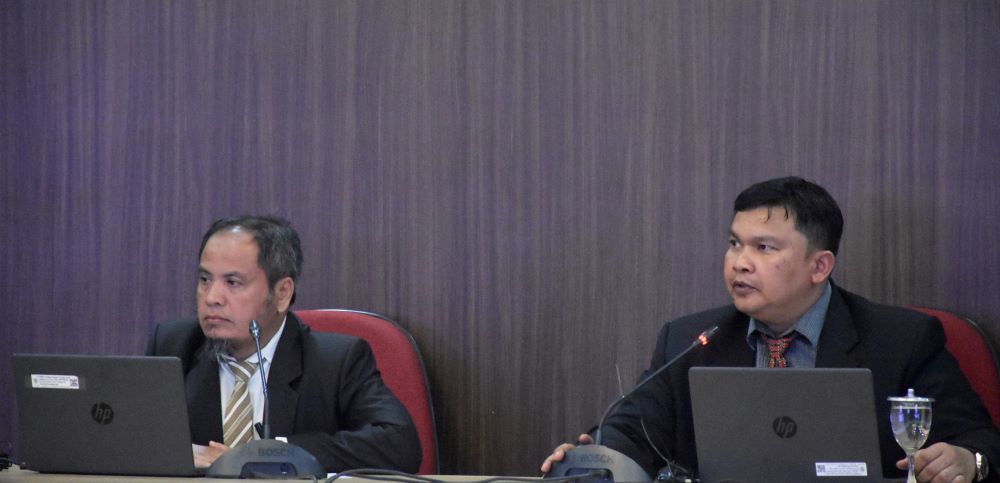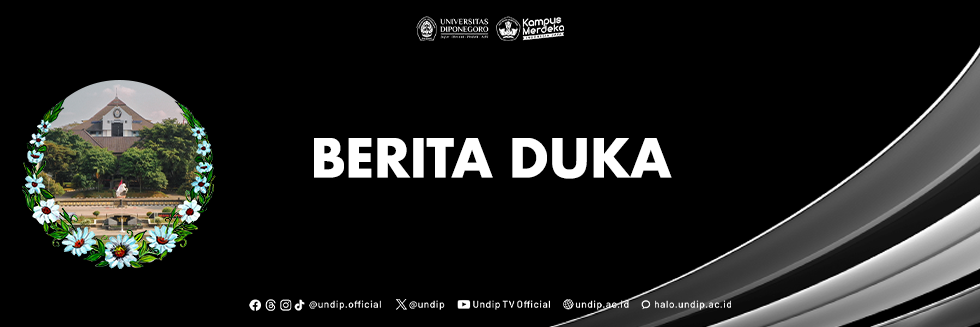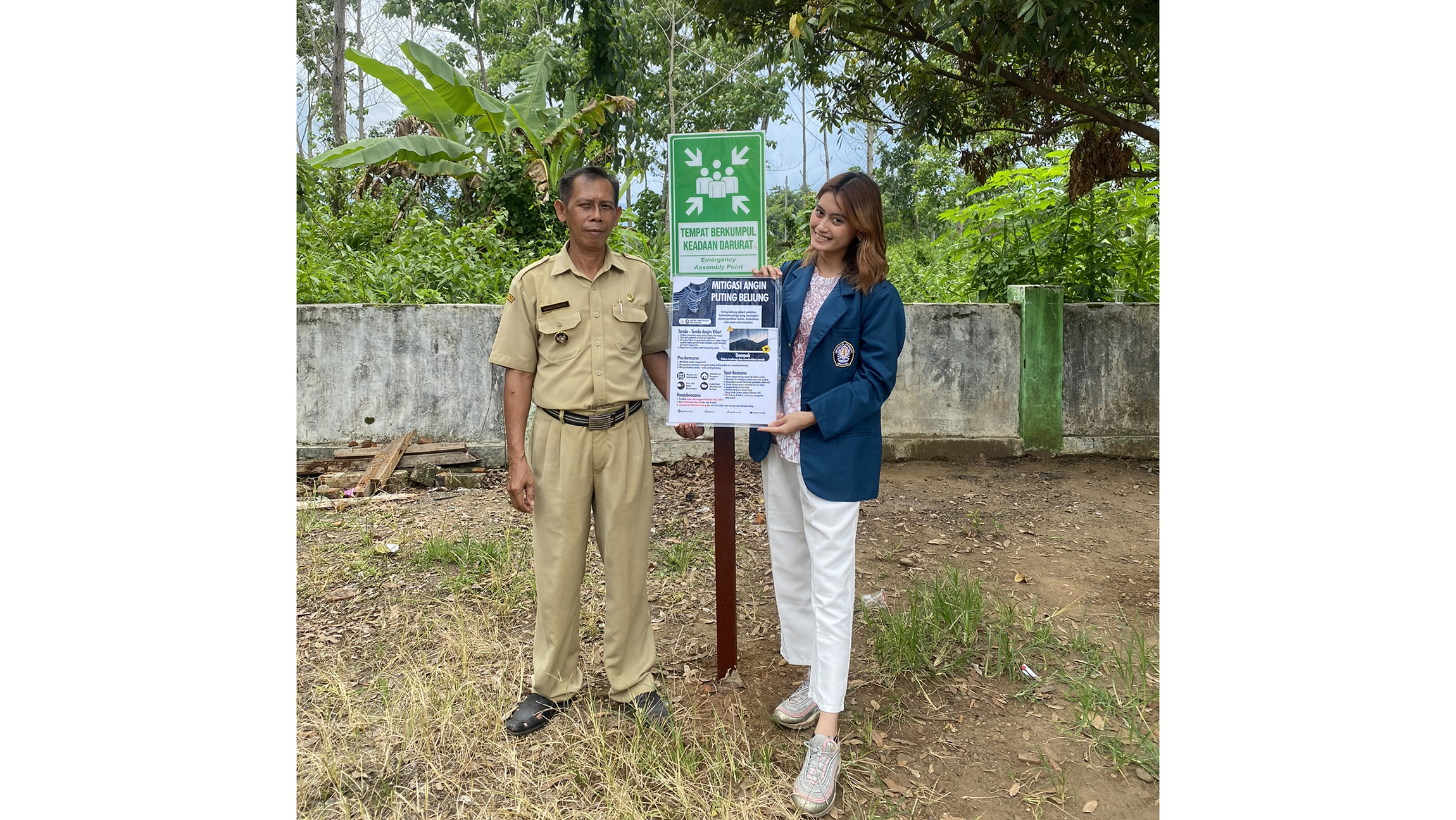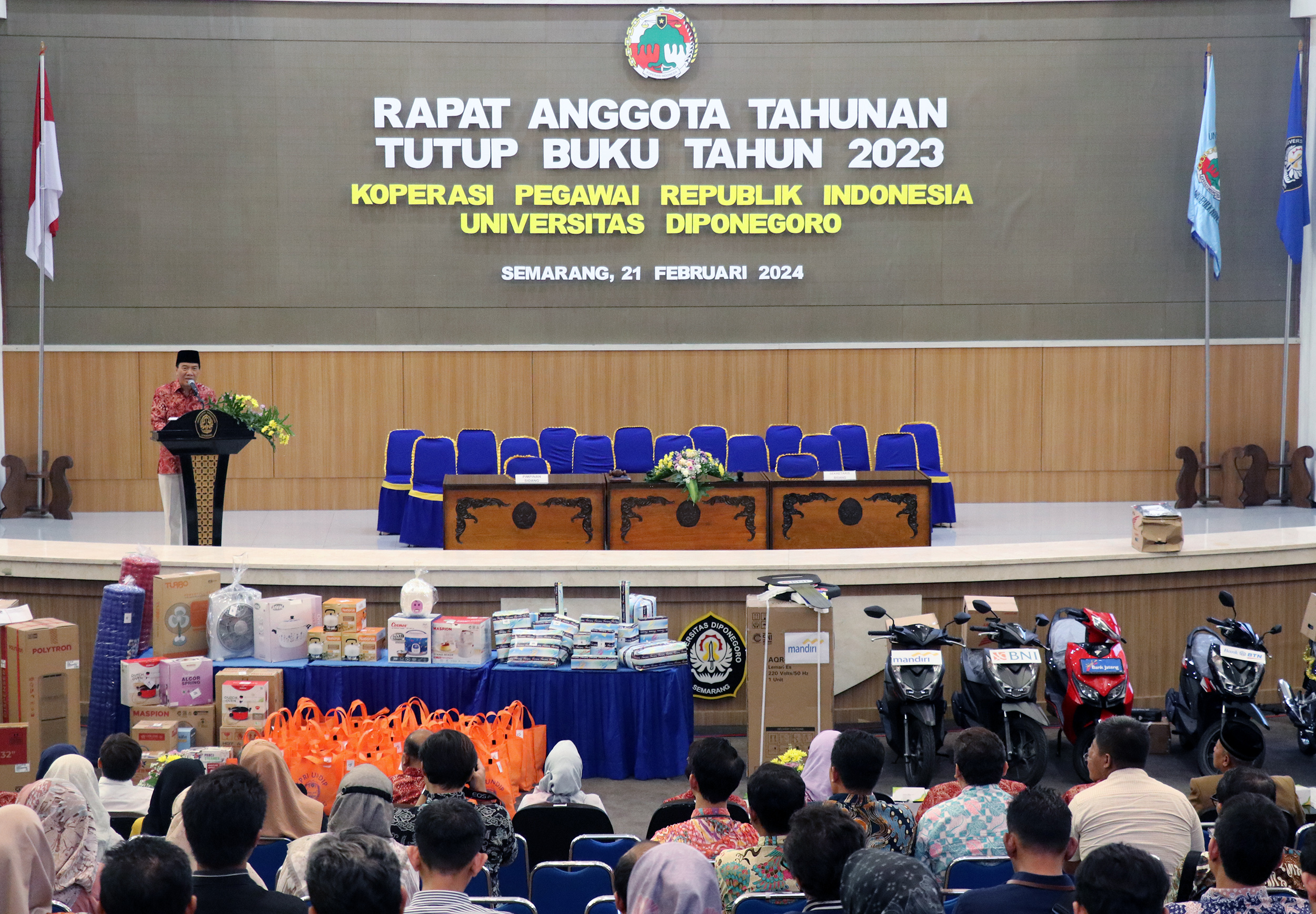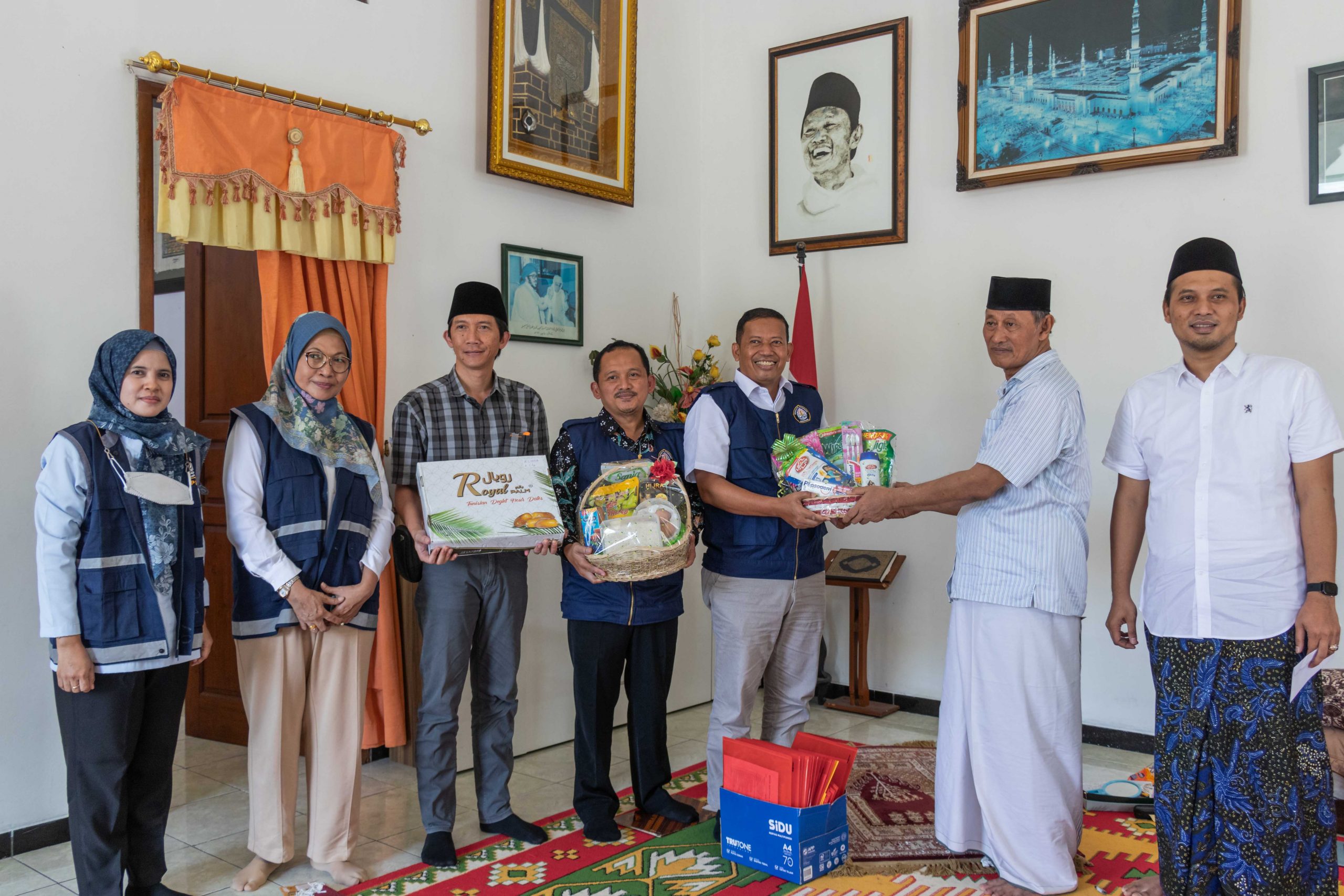Diponegoro University held a scientific paper presentation for Undip professor candidates, Dr. Ir. Badrus Zaman, S.T., M.T., IPM, ASEAN Eng. (Environmental Engineering-Faculty of Engineering). The Diponegoro University Board of Professors organizes it on Tuesday (6/6).
In his material, Dr. Badrus said that the waste problem is one of the environmental problems that is a crucial concern in Indonesia. In 2022 the amount of waste that can be handled was only around 51%, of which approximately 70% can be managed, and the remaining 30% is unmanaged. Collected waste still needs to be solved, especially in final processing sites (TPA), such as conditions that are managed without a sanitary landfill system, total capacity, poor gas handling, and poor leachate treatment, which has the potential to cause further environmental problems.
“A good waste management system is needed to overcome the problems that occur with a sustainable processing system that will make waste into advanced economic value, which is also environmentally friendly and can be a solution in the future. The biological method is one of the methods commonly used for waste processing where a landfill system with a sanitary landfill will be able to produce gases, mainly in the form of methane (CH4) and carbon dioxide CO2, which can be used directly or indirectly,” he explained.
He further said that the consequences of biologically processing waste would produce liquid waste or leachate, which must be appropriately processed to dispose of into the environment safely. A leachate treatment system with the addition of a Microbial Fuel Cell (MFC) system will produce energy that can be utilized. Solid waste, especially food scraps, wood, leaves, plastic, and paper, can also be processed using a bio-drying system which can increase its calorific value to low-energy coal (Brown coal) so that the product is Refuse Derived Fuel (RDF) or Solid Refuse Fuel (SRF) can be used as an energy source for the cement industry, PLTU, boilers and so on. The three processing systems can be carried out in an integrated manner to produce alternative, renewable energy and solve the waste problem in Indonesia in general and in the city of Semarang in particular.
“To overcome the problem of high waste generation, a management approach is needed that is reliable, effective and efficient, easy to operate at a relatively low cost, namely with a biological system that runs naturally or with the addition of a system that will improve performance. Waste processing based on the circular concept will produce environmentally friendly, renewable products with economic value for various purposes. An integrated system for the biological processing of waste by utilizing its products in the form of gas, electrical energy, and RDF or SRF, which have high calorific value, has the potential to produce good alternative energy and be a solution to the waste problem with minimal negative impacts,” he explained. (LW-Public Relations)
